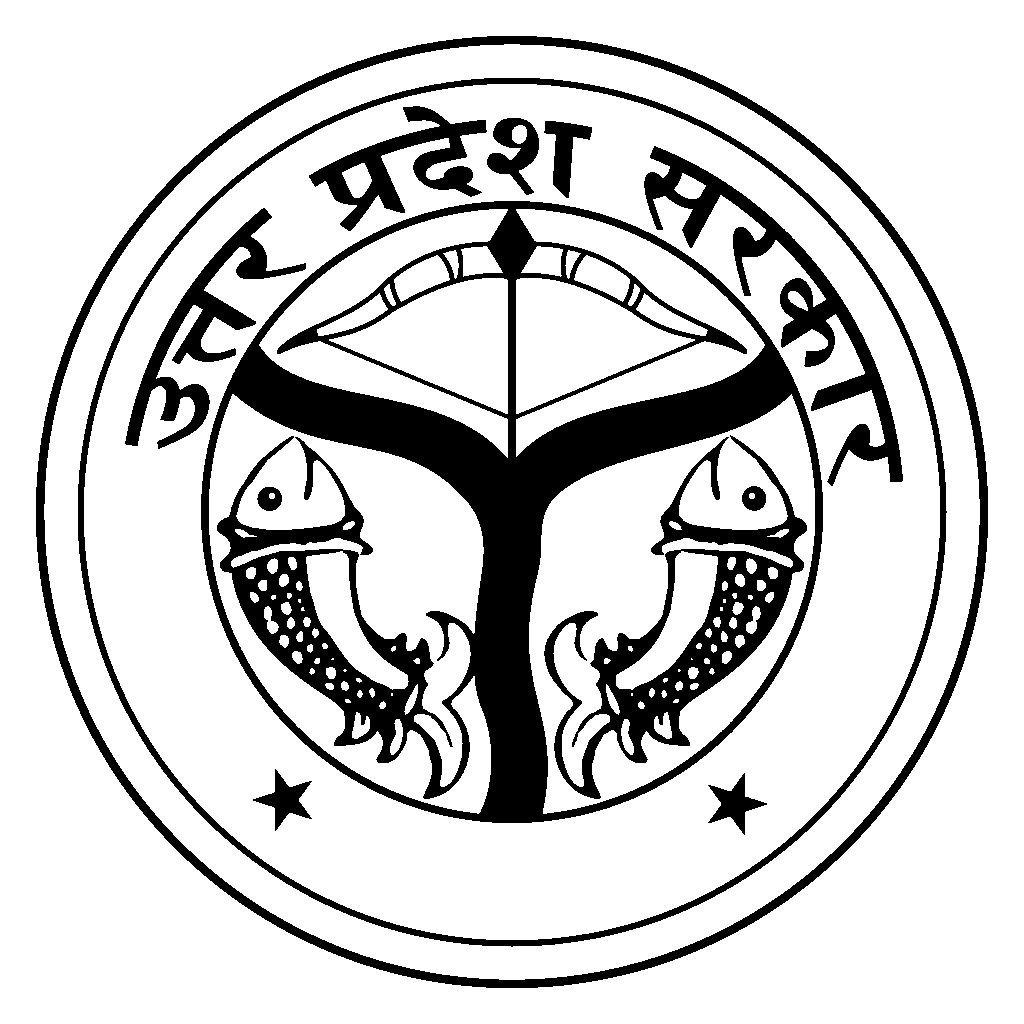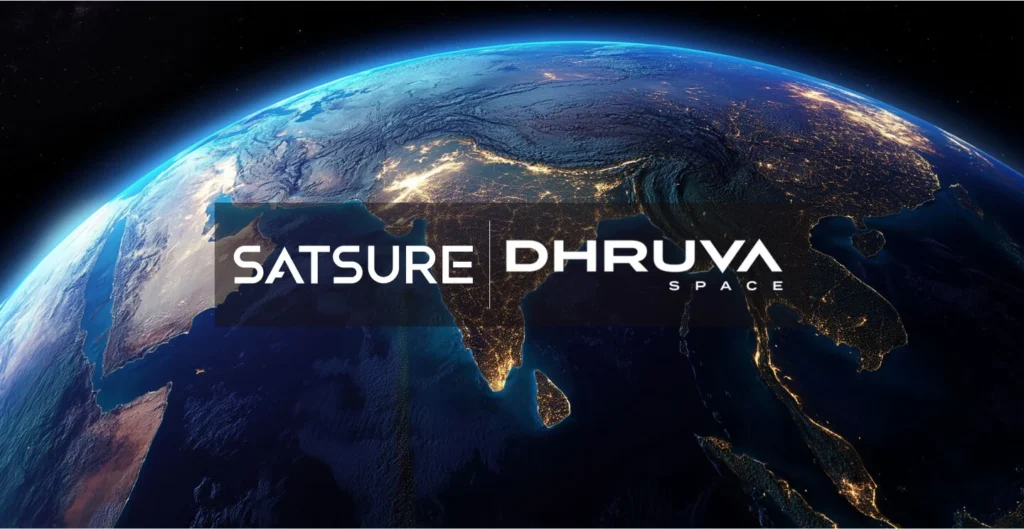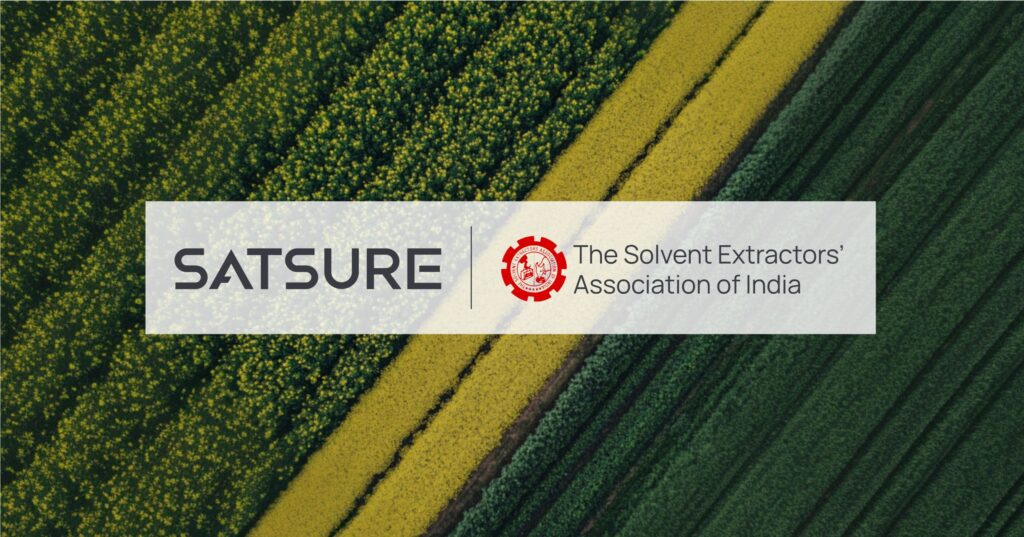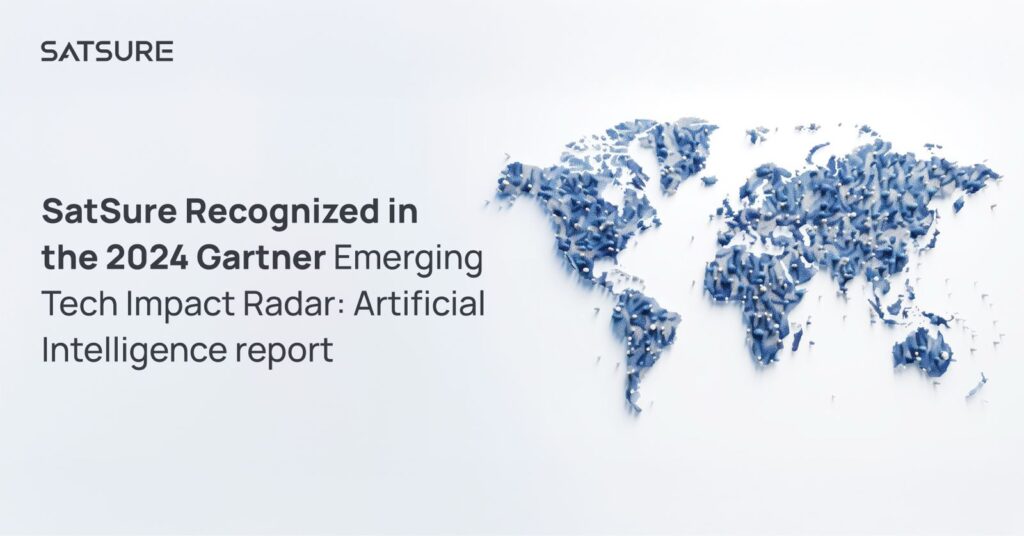Advancing Infrastructure Intelligence Through Satellite-Powered Decision System
SatSure enables utilities, energy, and infrastructure operators to reduce risk, optimize routes, and enhance asset resilience across power grids, oil & gas pipelines, highways, and renewable energy assets—leveraging Earth Observation (EO) data, AI/ML analytics, and predictive geospatial modeling



A Full-Stack Decision Intelligence Suite for Infra & Utility Operations
SatSure’s platform combines high-resolution EO data, ML models, and ground validation to improve capital planning, ROW risk management, and infrastructure governance

Route Optimization for Transmission & Pipeline Corridors
Minimize transmission route length, crossings, and tower count through satellite-derived LULC classification, slope modeling, and crossing avoidance. Improve BoQ precision and reduce bidding delays with automated multi-scenario route simulations
Vegetation Risk Management
Monitor ROW corridors at scale using AI-based vegetation masks, stereo-imagery-based canopy height models, and fire zone overlays. Generate work orders, validate third-party maintenance, and cut vegetation management costs by up to 42%
Construction Monitoring & Asset Tracking
Enable remote progress validation for linear assets like roads, solar plants, and transmission lines. Leverage change detection models, SAR analytics, and weather layers to flag deviations, spillage, soil movement, and unauthorized activity in near real-time
Climate & Environmental Risk Modelling
Predict storm, wildfire, and flood exposure across operational assets using environmental overlays (wind, temperature, rainfall, fire zones). Incorporate these models into scheduling, design changes, and emergency planning

Driving Scalable Infra Intelligence Across Borders
SatSure’s utilities stack is enabling clients to digitize planning, streamline audits, and protect billion-dollar asset corridors across India, LATAM, and Europe
100k+
miles of transmission lines analyzed
3x
faster route optimization vs manual surveys
42%
reduction in vegetation maintenance planning cost
~90%
alignment with final route execution
Built on a Proprietary Stack of EO, Terrain, and Infrastructure Intelligence
Multi-Modal Data Fusion
Optical, SAR, LiDAR, and multispectral EO data are fused with terrain elevation, soil, and vegetation attributes to generate accurate, context-aware insights for any asset type.
ML-Based Change & Risk Detection
Deep learning models track construction, encroachment, vegetation growth, and soil/color anomalies. These models generate alerts and trigger maintenance workflows, improving field productivity and safety.
Regulatory & Environmental Buffers
Built-in compliance zoning highlights forest land, wildlife sanctuaries, and ROW encroachments. These geofences reduce rework and delays in project clearance processes.
ERP-Ready Integrations
Raster, vector, and tabular outputs are compatible with ERP, CAD, and GIS systems. Dashboards, APIs, and data feeds ensure integration with existing planning workflows and SOPs.

Frequently Asked Questions
Everything you need to know about using SatSure’s Infra Stack for smarter asset planning and monitoring
How does SatSure support route planning for power transmission projects?
By simulating multiple route scenarios using satellite imagery, LULC classification, DEMs, and slope models—while optimizing for BoQ, crossings, and regulatory zones.
Can vegetation management be automated with SatSure?
Yes. We apply canopy height, proximity risk, fire zone overlays, and vegetation growth models to generate predictive maintenance alerts and audit third-party work.
How accurate are SatSure’s construction monitoring tools?
Our SAR and EO-based change detection algorithms offer near-real-time alerts on construction deviations with >90% accuracy, validated against historical data and milestones.
Can your data plug into our asset management system?
Absolutely. We offer API-based integration and downloadable outputs in GeoJSON, CSV, raster, and vector formats compatible with GIS, ERP, and CAD tools.
What makes SatSure different from other infrastructure analytics providers?
Unlike single-sensor or survey-based players, SatSure blends multi-sensor satellite data with deep ML analytics and domain-specific models to support end-to-end infra lifecycle management—from route planning to ROW audits.
Featured Stories

SatSure and KALRO Partner to Leverage Satellite Data for Agricultural Transformation in Kenya

SatSure and Dhruva Space forge strategic alliance to deliver end-to-end Earth Observation-as-a-Service (EOaaS) Solutions

SatSure X SEA: Advanced Agricultural Forecasting for Rapeseed-Mustard Production


